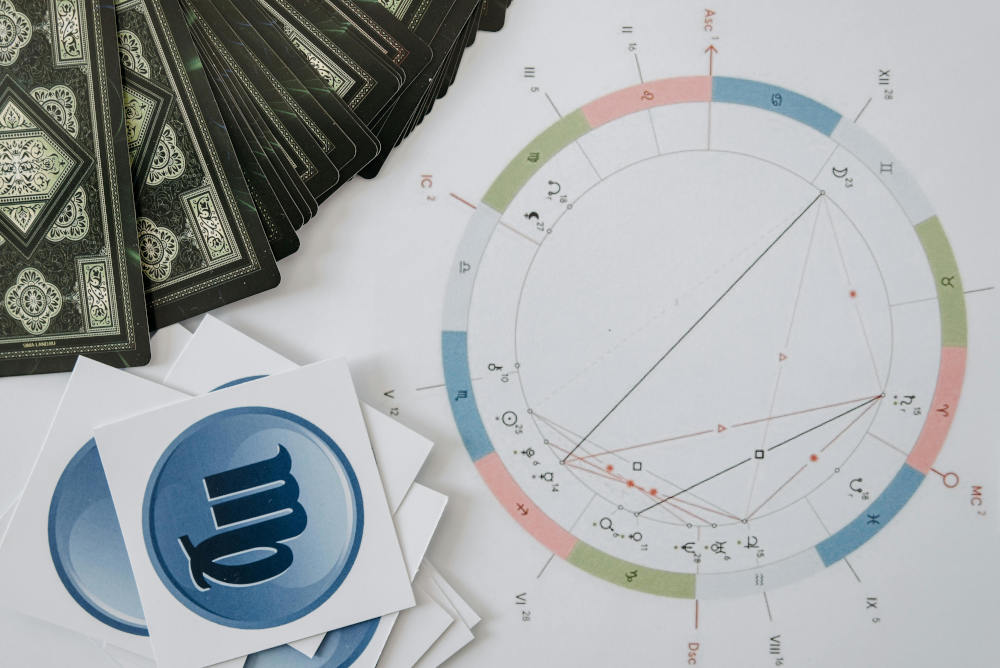
Astrology has fascinated humanity for millennia. From the movements of stars and planets to zodiac signs and birth charts, astrology offers interpretations about personality, life events, and destiny. But despite its spiritual tone and long history, astrology is not considered a religion. Why? The answer lies in understanding what defines a religion — and what astrology actually is.
Let’s explore why astrology, though deeply meaningful for many, is fundamentally not a religion.
Panaprium ist unabhängig und wird vom Leser unterstützt. Wenn Sie über unseren Link etwas kaufen, erhalten wir möglicherweise eine Provision. Wenn Sie können, unterstützen Sie uns bitte monatlich. Die Einrichtung dauert weniger als eine Minute und Sie werden jeden Monat einen großen Beitrag leisten. Danke schön!
What Defines a Religion?
Before we can explain why astrology isn’t a religion, we need to understand what religion is.
Scholars generally agree that a religion includes several key features:
-
Belief in a divine power or supreme being (e.g., God, gods, or spiritual forces)
-
Sacred texts or teachings that define truth and moral law
-
Formal worship practices or rituals
-
A structured community or institution
-
A vision of ultimate purpose or salvation (what happens after death, why life matters)
Religions like Christianity, Islam, Hinduism, Buddhism, and Judaism fit these criteria in different ways.
Now, let’s compare astrology to this framework.
Astrology Defined: A System, Not a Faith
Astrology is a system of belief based on the idea that the positions of celestial bodies — stars, planets, sun, and moon — influence human life and events on Earth.
There are many types of astrology, including:
-
Western astrology (zodiac signs)
-
Vedic astrology (Indian Jyotish)
-
Chinese astrology (animal years and elements)
Astrology offers tools like:
-
Horoscopes to predict daily trends
-
Birth charts to explore personality
-
Transit charts to forecast major life periods
But here’s the crucial difference: astrology is a method of interpretation, not a worship system. It does not demand belief in gods, sacred texts, or promises of salvation.
Astrology Lacks a Central Deity
One of the hallmarks of religion is belief in one or more divine beings.
-
Christianity believes in God.
-
Hinduism believes in many gods like Vishnu and Shiva.
-
Islam believes in Allah as the one true God.
Astrology does not require belief in a god or gods.
-
Some astrologers are religious.
-
Some are spiritual but not religious.
-
Some are atheists who see astrology as symbolic rather than literal.
Astrology focuses on cosmic patterns, energy influences, and symbolic archetypes, not divine worship.
The stars and planets are not gods to be worshipped in astrology; they are signs to be interpreted.
No Sacred Texts or Ultimate Moral Authority
Religions usually have sacred writings that define ultimate truth and moral guidelines, such as:
-
The Bible (Christianity)
-
The Quran (Islam)
-
The Vedas (Hinduism)
These texts guide followers on how to live, what to believe, and what is right or wrong.
Astrology does not have a sacred text.
-
There are many important astrological works, like Ptolemy’s Tetrabiblos or ancient Indian scriptures on Jyotish.
-
However, these are manuals or guides, not divinely revealed scriptures commanding moral obedience.
-
Astrology describes tendencies and possibilities, not commandments or ethical duties.
Thus, astrology cannot function as a moral authority in the way religions do.
No Organized Worship or Rituals Centered on Faith
Religion often involves organized worship:
-
Praying, fasting, attending religious services
-
Celebrating religious holidays like Easter, Ramadan, or Diwali
Astrology has no centralized worship.
-
There are no temples or churches of astrology.
-
There are no collective prayers directed at the stars.
-
Astrology sessions are private, often focused on self-reflection rather than communal worship.
Some spiritual practices (like New Age rituals) may incorporate astrology, but astrology itself does not demand or organize worship.
Astrology Offers Guidance, Not Salvation
Religion typically provides a path toward ultimate salvation or liberation:
-
Christianity teaches salvation through Jesus Christ.
-
Hinduism teaches moksha (liberation from the cycle of rebirth).
-
Buddhism teaches enlightenment (freedom from suffering).
Astrology makes no such promises.
-
It offers insight, not redemption.
-
It suggests opportunities and challenges, not eternal rewards or punishments.
-
It can help people understand themselves better but doesn’t claim to “save” them in a religious sense.
Astrology is about navigating life with greater awareness, not preparing the soul for an afterlife or union with a divine being.
Personal Beliefs Can Mix Astrology and Religion — But They Are Separate
Some individuals blend astrology into their religious or spiritual lives. For example:
-
A Christian might consult astrology for fun while still praying to God.
-
A New Age believer might use astrology alongside crystal healing and meditation.
-
A Hindu might use astrology (Jyotish) to choose marriage dates.
But mixing astrology with religion doesn't make astrology itself a religion.
It simply means astrology is adaptable to many worldviews because it doesn't demand exclusive belief or loyalty.
Astrology is a Language of Symbols, Not a Faith System
Many astrologers describe astrology as a language of symbols rather than a doctrine of faith.
-
Zodiac signs (Aries, Taurus, Gemini, etc.) represent archetypes.
-
Planets symbolize forces (e.g., Mars = drive and passion; Venus = love and beauty).
-
Houses represent areas of life (career, home, relationships).
Astrology translates celestial motions into symbolic meanings, much like poetry translates human experience into words.
It helps people reflect on their personality, relationships, and timing, but it does not claim to reveal absolute, unquestionable truths.
In this way, astrology functions more like art or psychology than religion.
Historical Context: Astrology Once Linked to Religion, But Evolved Separately
In ancient times, astrology and religion were closely linked.
-
The Babylonians saw the planets as gods communicating through the skies.
-
Egyptian priests were also astronomers and astrologers.
-
In medieval Europe, Christian scholars studied astrology as part of natural philosophy.
However, by the time of the Scientific Revolution (16th–17th centuries), astrology began to separate from formal religion:
-
Astronomy (science) split from astrology (interpretive art).
-
Churches increasingly viewed astrology as superstition or heresy.
-
Astrology survived more as a personal or philosophical system than as an institution of faith.
Today, astrology exists independently of religious frameworks.
Misunderstandings: Why Some Think Astrology Is Religious
Some people confuse astrology with religion because:
-
It deals with profound questions about destiny, meaning, and personality.
-
It uses a cosmic framework, making it feel "spiritual."
-
It sometimes gets combined with spiritual practices like tarot readings, meditation, and energy healing.
However, depth and spirituality do not automatically equal religion.
Many non-religious activities — music, art, therapy, philosophy — also explore deep meaning without requiring worship, divine beings, or salvation narratives.
Astrology, too, fits into this category: profound, meaningful, but not religious.
Modern Views: Astrology as Spiritual but Not Religious
Today, many people identify as "spiritual but not religious" (SBNR).
Astrology appeals to this group because:
-
It offers spiritual insight without demanding belief in a god or institution.
-
It supports personal empowerment and exploration.
-
It fits flexible, individualized worldviews.
In this sense, astrology reflects a broader cultural shift: people seeking meaning and connection without traditional religious structures.
But again, this spiritual flavor does not make astrology itself a religion.
Conclusion: Astrology Is Interpretation, Not Worship
Astrology is a symbolic, interpretive system based on cosmic observation, not a religion.
-
It has no gods that must be worshipped.
-
It offers no sacred texts commanding behavior.
-
It organizes no churches or formal congregations.
-
It promises no salvation or ultimate redemption.
Instead, astrology offers a symbolic framework for exploring personality, relationships, and life's rhythms.
It can complement religious faith, exist alongside it, or stand completely separate from it.
Understanding this distinction helps honor astrology for what it is — a rich, ancient art of cosmic symbolism — without confusing it for what it is not: a religion demanding faith, worship, and divine obedience.
In a world where meaning often feels fragmented, astrology continues to offer a poetic bridge between the stars and the soul — but without replacing religion itself.
War dieser Artikel hilfreich für Sie? Bitte teilen Sie uns in den Kommentaren unten mit, was Ihnen gefallen oder nicht gefallen hat.
About the Author: Alex Assoune
Wogegen Wir Kämpfen
Weltweit-Konzerne produzieren in den ärmsten Ländern im Übermaß billige Produkte.
Fabriken mit Sweatshop-ähnlichen Bedingungen, die die Arbeiter unterbezahlt.
Medienkonglomerate, die unethische, nicht nachhaltige Produkte bewerben.
Schlechte Akteure fördern durch unbewusstes Verhalten den übermäßigen Konsum.
- - - -
Zum Glück haben wir unsere Unterstützer, darunter auch Sie.
Panaprium wird von Lesern wie Ihnen finanziert, die sich unserer Mission anschließen möchten, die Welt völlig umweltfreundlich zu gestalten.
Wenn Sie können, unterstützen Sie uns bitte monatlich. Die Einrichtung dauert weniger als eine Minute und Sie werden jeden Monat einen großen Beitrag leisten. Danke schön.



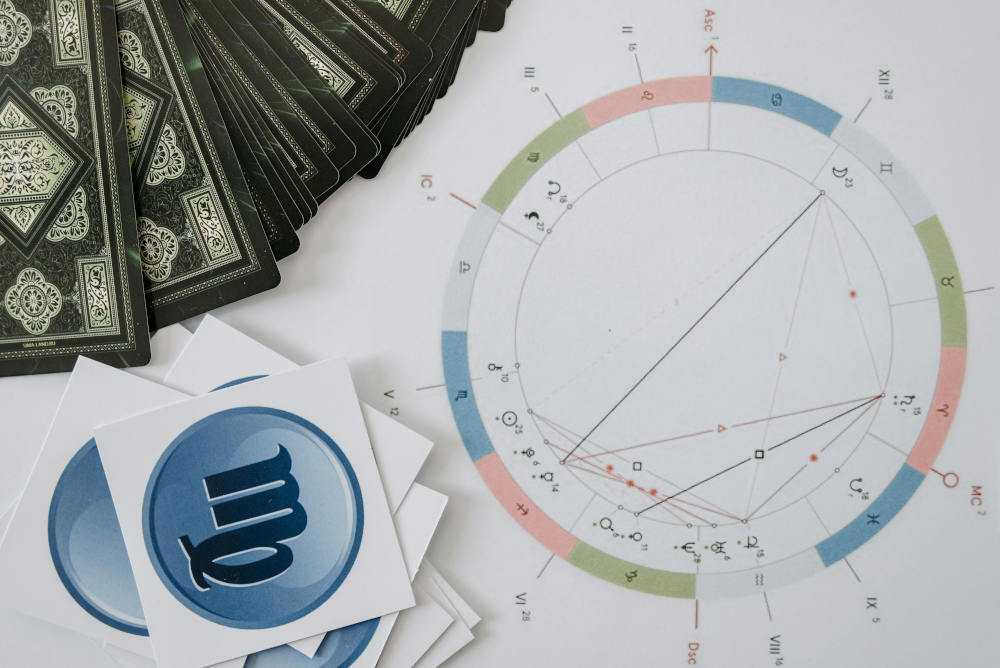
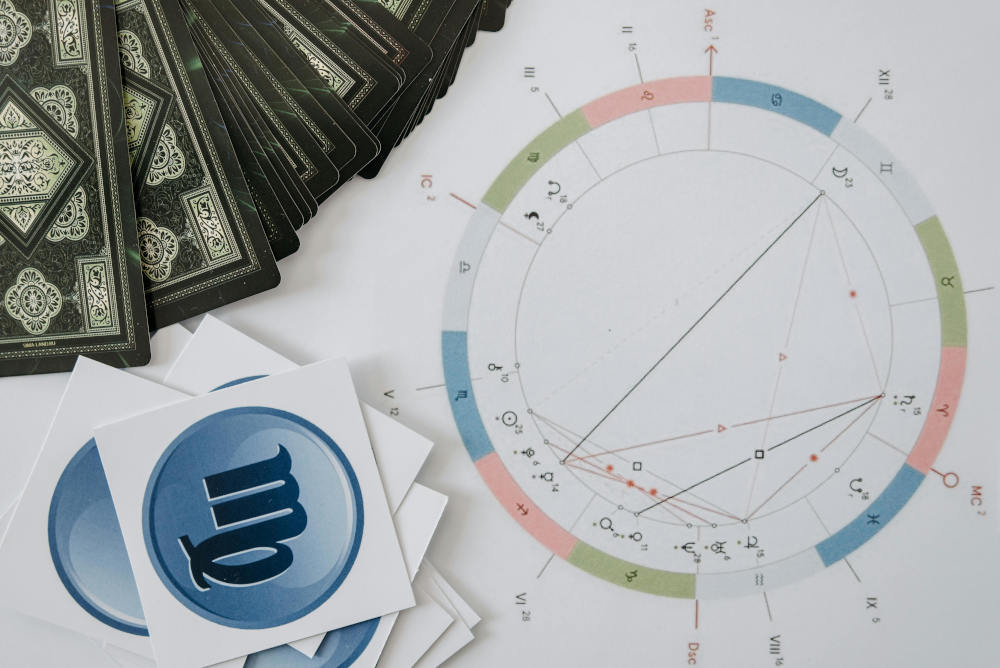




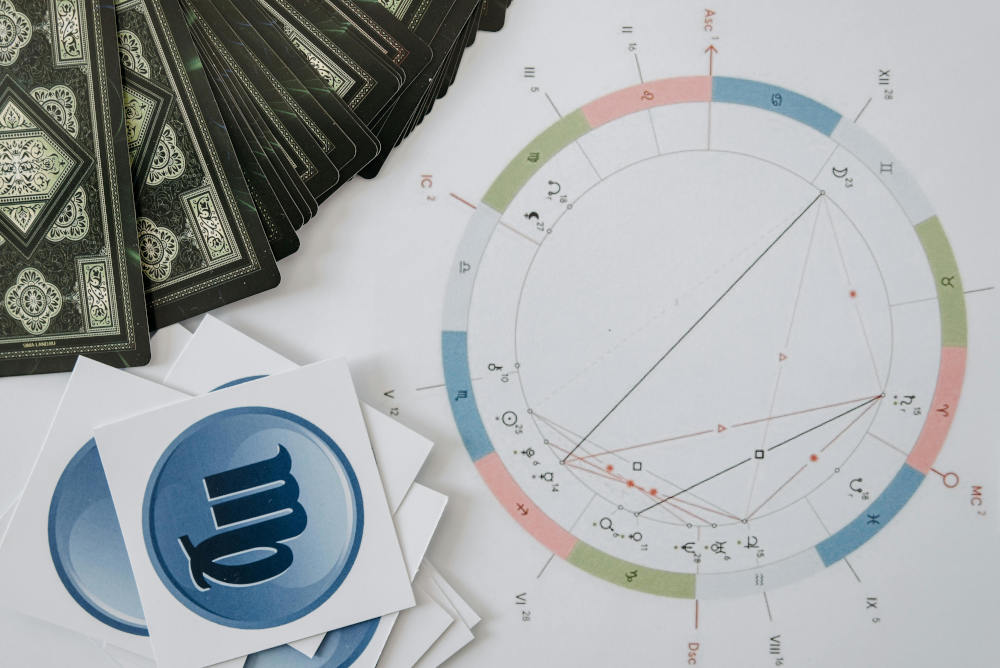

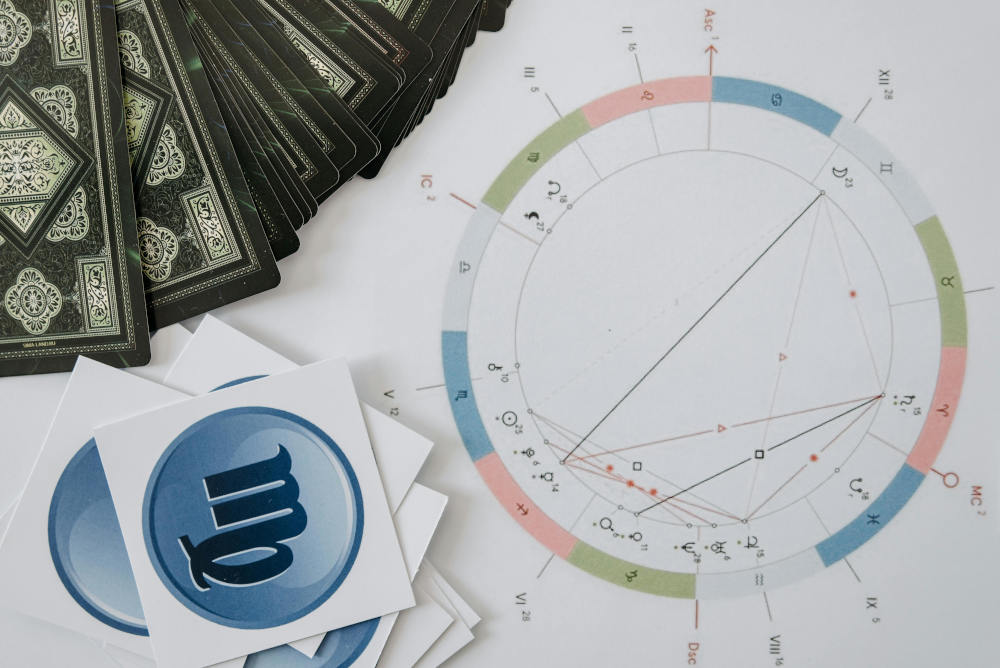







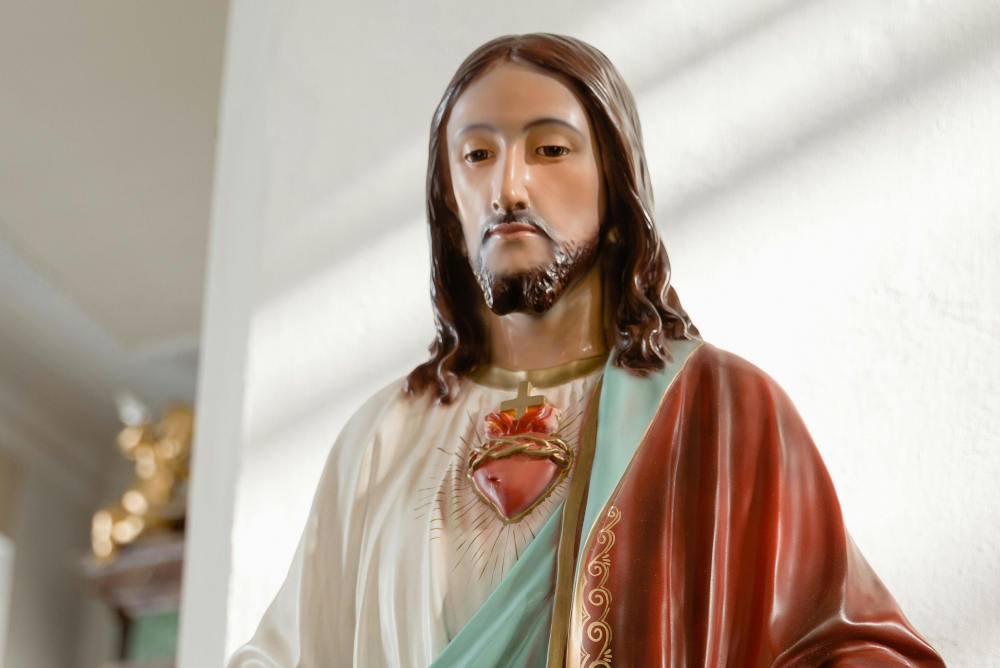
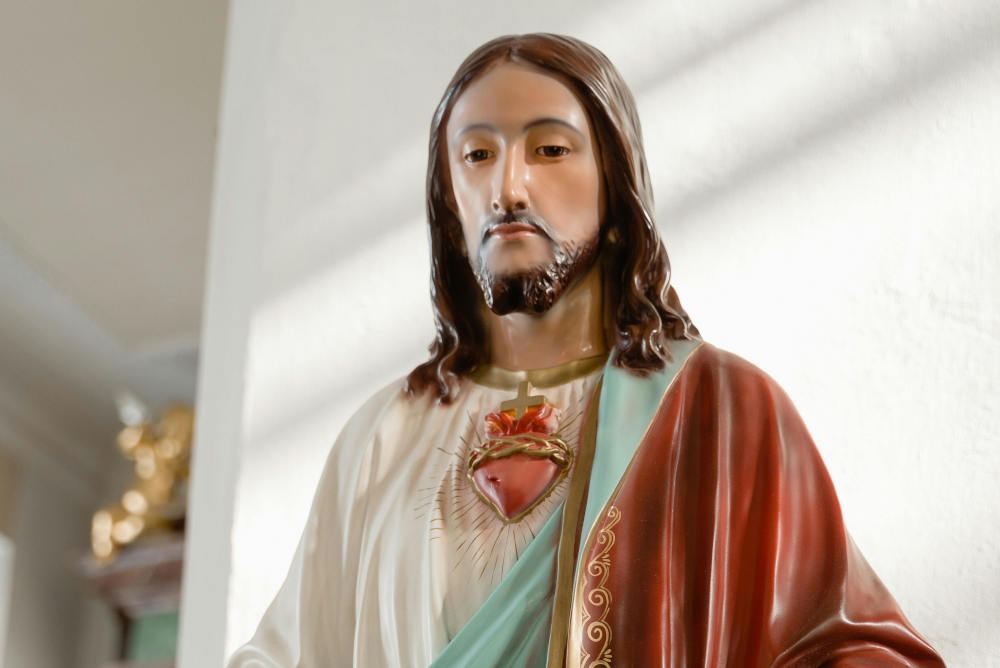

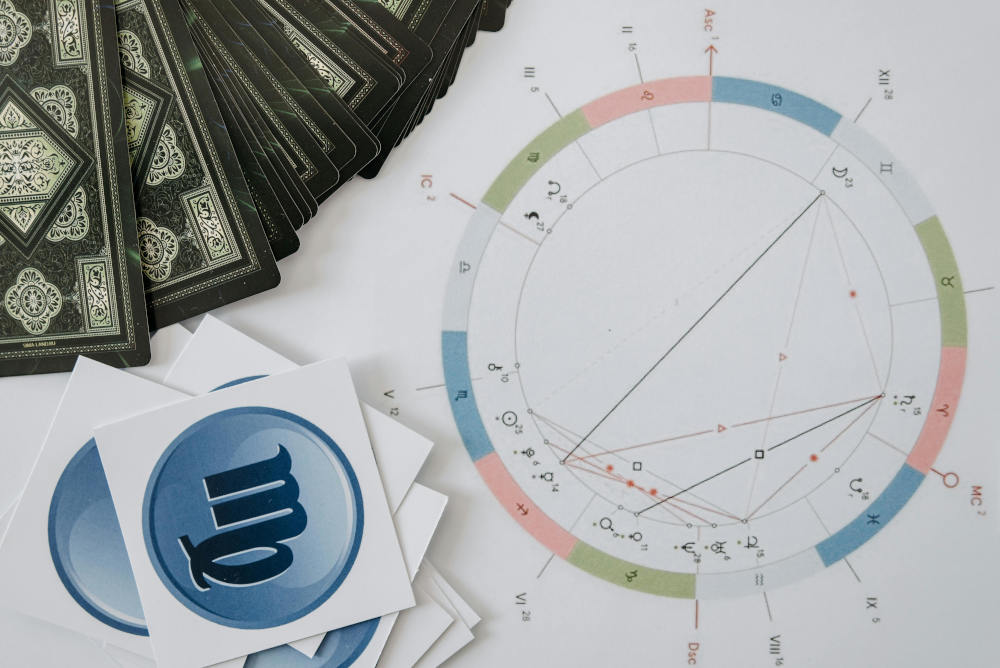



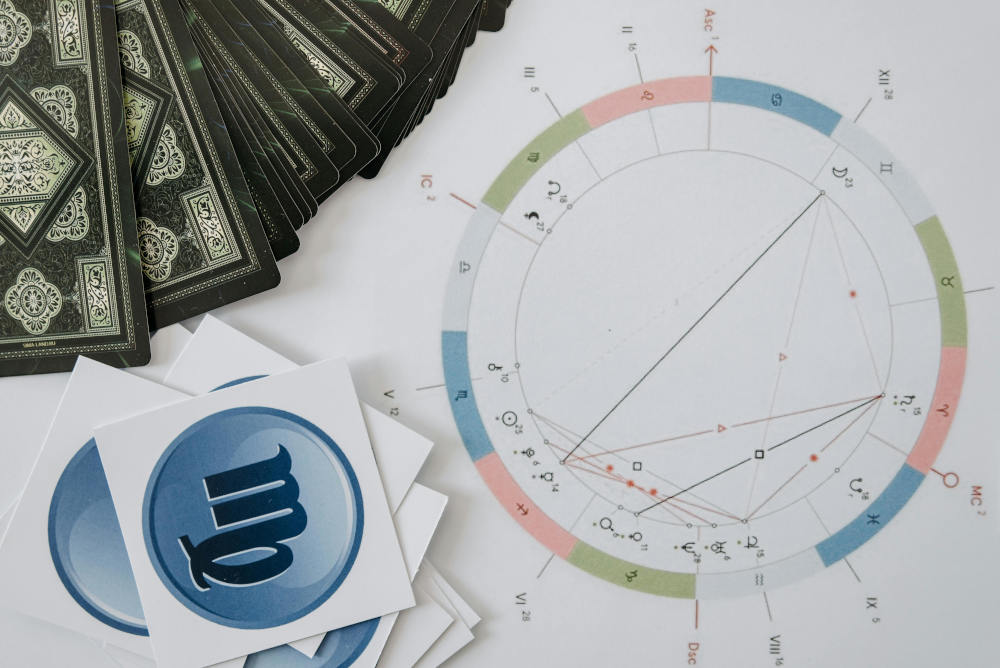




0 Kommentare